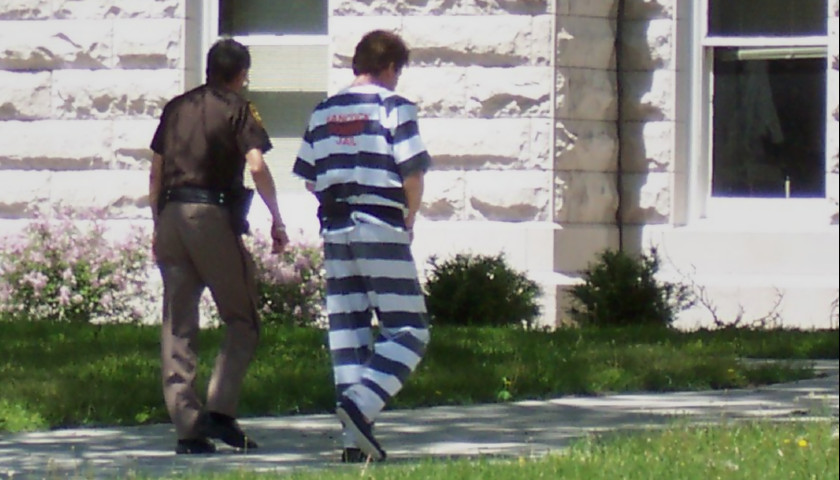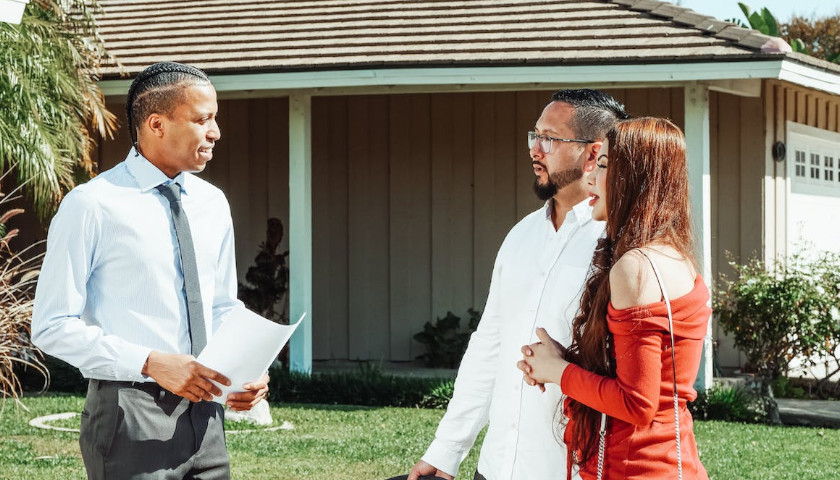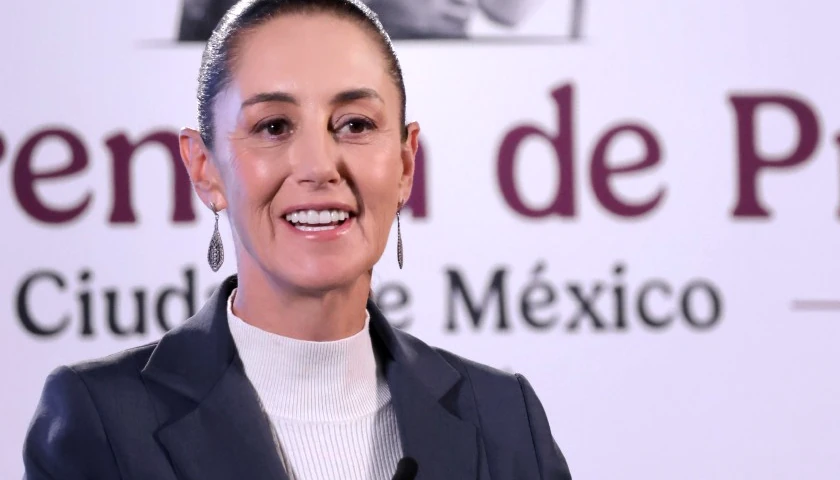Delegate Jay Jones (D-Norfolk) and House Majority Leader Charniele Herring (D-Alexandria) both pre-filed bills that would automatically restore felon voting rights after the felons complete their sentences including probation. After discussion in a subcommittee Monday, the two bills will be combined under HJ555, and subcommittee members unanimously voted to change the bills to automatically restore voting rights after the felon has been released from prison, before completion of probation or other elements of the sentence.
“This bill replaces an old system of felon disenfranchisement with automatic restoration of political rights,” Herring said in the meeting. “The felon disenfranchisement in Virginia has a racist Jim Crow origin and was intentional inserted into the 1902 Virginia Constitutional Convention to disenfranchise as many black voters as possible. Felon disenfranchisement disproportionately affects communities of color, especially black communities.”
Herring said, “In Virginia more than one in seven African-Americans are disenfranchised, which is twice the national average. Even though African-Americans make up approximately 20 percent of the population, we make up more than 50 [percent] of those disenfranchised.”
Privileges and Elections Constitutional Amendments subcommittee Chair Delegate Mark Levine (D-Arlington) said he supported changing the bill to restore voting rights after the prison sentence was served, since he feared that fuzzy requirements including probation and other requirements could be used to extend the amount of time a felon is disenfranchised.
“To me, completion of sentence of imprisonment is a very clear bright-line standard,” he said.
The subcommittee will vote next week on whether to send the combined bill HJ555 to the House floor. Since the bill is an amendment to Virginia’s Constitution, even if it passes this current General Assembly session, it must pass a future session as well before Virginia’s voters finally vote on it.
Delegate Marcus Simon (D-Fairfax) said that although he would support a bill that allowed felons even in prison to vote, he thought the current amendment was more likely to receive enough support to pass in two General Assembly sessions and win Virginians’ support for a vote.
Delegate Chris Head (R-Roanoke) said he agreed that removing felon disenfranchisement altogether would cause conservative legislators to oppose the bill. He warned that legislators over the years had shifted from a penal system mentality to a Department of Corrections mentality, and he noted that voting rights aren’t the only rights felons lose.
He continued, “But, that having been said, I’ve felt for a long time, and as an employer where I see barriers to employment that are concerning to me, when you have no road back to citizenship, and as a Christian person my faith is all about grace, and that means that there is a point where you have to have a road back, and this begins to get there.”
He added that he was still deciding on whether or not to support the bill.
Heritage Foundation Senior Legal Fellow Hans von Spakovsky told The Virginia Star that the history of felon disenfranchisement extends as far back as Athens in ancient Greece.
“In an ordered society culture, which is what we live in, we are bound together by a set of laws and rules that we as a society have put together through our democratic process that rule how we conduct ourselves. When you engage in a serious crime, you are basically saying that you are ignoring the laws and rules,” von Spakovsky said.
“When we go to vote we are picking not only the representatives and city council members who are responsible for putting those laws in place, we’re also electing the prosecutors who are responsible for enforcing those laws,” von Spakovsky said.
“Someone who commits a serious crime knowingly and intentionally has shown they’re not willing to abide by the rules,” he said. “Well then why would you give them the ability to decide what those rules are and who is enforcing them?”
Von Spakovsky said that after the Civil War, several southern states used felon disenfranchisement to block Black people from voting. But he said that since then, the law has been changed.
“The idea that this continues today being an effort to prevent certain minorities from voting is just not true. It applies on a racially neutral basis,” von Spakovsky said.
He said that although Virginia has one of the lowest recidivism rates in the country, having a waiting period before felons are allowed to vote is necessary to make sure they wouldn’t commit more crimes. He also doesn’t think voting rights should be restored until after the full sentence has been served, including probation and any restitution.
“Also, I think that if you are going to restore the right to vote there should also be a restoration of all of the other civil rights that you have lost whether it’s in an employment context, whether it’s the Second Amendment, or anything else,” von Spakovsky said. “It doesn’t make sense to me to restore one particular right because you say the felon is now trustworthy but to not restore the other rights.”
– – –
Eric Burk is a reporter at The Virginia Star and the Star News Digital Network. Email tips to [email protected].




